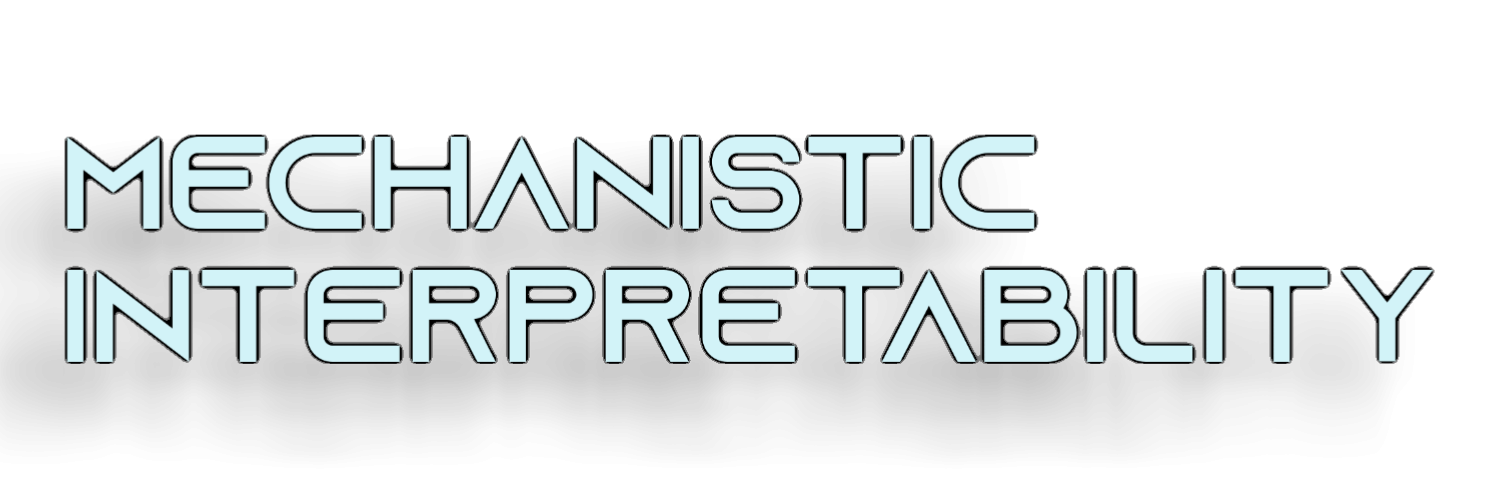Revolutionizing AI with Selective Forgetting: Tackling Ethical Dilemmas and Enhancing Efficiency
16 Dec, 2024 AI AI,Mechanistic,MechanisticInterpretability,Interpretability,ArtificialIntelligence,MachineLearningUnshackling AI’s Potential: Cracking the Code of Selective Data Forgetting
Advancements in artificial intelligence (AI) have ushered in innovative models capable of revolutionising various industries, including healthcare, autonomous driving, and many more. However, as AI progresses, it brings new complexities and ethical considerations to light. A significant breakthrough from researchers at Tokyo University of Science (TUS) involves training AI models to selectively “forget” specific classes of data, streamlining their process to focus solely on the required information. This approach significantly minimizes wastage of computational resources and effectively addresses potential privacy concerns.
Mastering the Art of AI Selective Forgetting
AI’s transformative potential comes with certain ramifications. Large-scale pre-trained AI systems display impressive versatility and precision. However, their application in real-world scenarios often suffers due to overgeneralization and inefficiencies. Often, in practical applications, it is unnecessary, even inefficient, for AI to classify every object in its view.
Stepping Into “Black-Box Forgetting”
Considering the complexities of so-called “black-box” AI systems, where internal mechanisms are hidden from the users, the researchers at TUS developed a method they named “black-box forgetting.” The technique modifies input instructions iteratively, enabling the AI to gradually forget certain classes of information. This ground-breaking approach does not rely on knowledge of the internal workings of an AI model.
Engineering Through Trial and Error
The researchers set their sights on OpenAI’s model CLIP, leveraging the Covariance Matrix Adaptation Evolution Strategy (CMA-ES) to successively optimize the prompts given to CLIP for suppressing specific image classes. However, the challenge lay in scaling up existing optimisation techniques for larger volumes of targeted categories.
Introducing “Latent Context Sharing”
To address the scalability challenge, the team devised an ingenious strategy called “latent context sharing.” This technique fragments latent context – a representation of information generated by prompts – into smaller, manageable pieces. By appropriately allocating and reusing these pieces across multiple tokens, the complexity of the task was dramatically reduced, making it computationally tractable for extensive forgetting scenarios.
Achievements and Practical Implications
The team’s experiments led to CLIP forgetting about 40% of the target classes, marking the first successful demonstration of selective forgetting in a black-box vision-language model. This innovation presents a myriad of opportunities, particularly for industries focused on task-specific precision.
AI Becomes Lean and Agile
This streamlining process can make AI models faster, more resource-efficient, and capable of operating on less powerful devices. This could accelerate the adoption of AI technologies in sectors previously thought infeasible due to technological or resource constraints.
AI and Ethical Concerns
Beyond practical applications, this method addresses one of AI’s key ethical dilemmas: privacy. Retaining unnecessary data—especially when it contains sensitive or outdated information—poses significant privacy and legal challenges. In a world increasingly conscious of the “right to be forgotten,” this method could prove revolutionary, giving a practical solution to this pressing issue without the need for costly and time-consuming model re-training.
Envisioning the Future and Ethical Implications
The research carried out by the Tokyo University of Science team adds significant value to the continual evolution of AI, making it more adaptable and user-friendly, thus potentially paving the way for broader adoption. As we stand on the brink of exciting advancements, the concept of selective forgetting in AI firmly grapples with the crucial issues of ethics and practicality. As the pioneers in AI technology strive for breakthroughs, ensuring that the powerful tool of AI is wielded responsibly becomes an utmost necessity. The potential for misuse remains, but methods like selective forgetting highlight the proactive steps being taken to mitigate both practical and ethical challenges.

